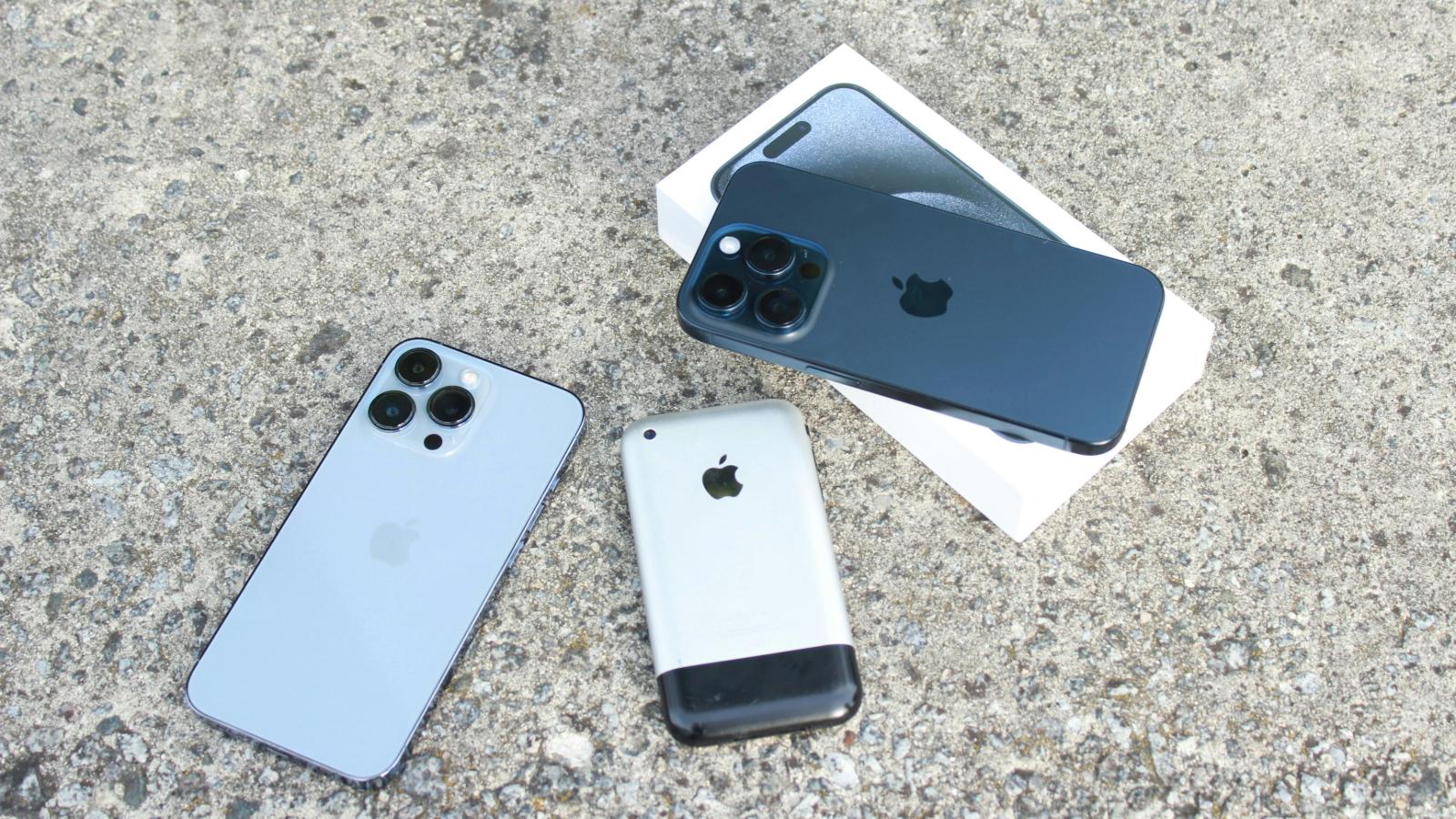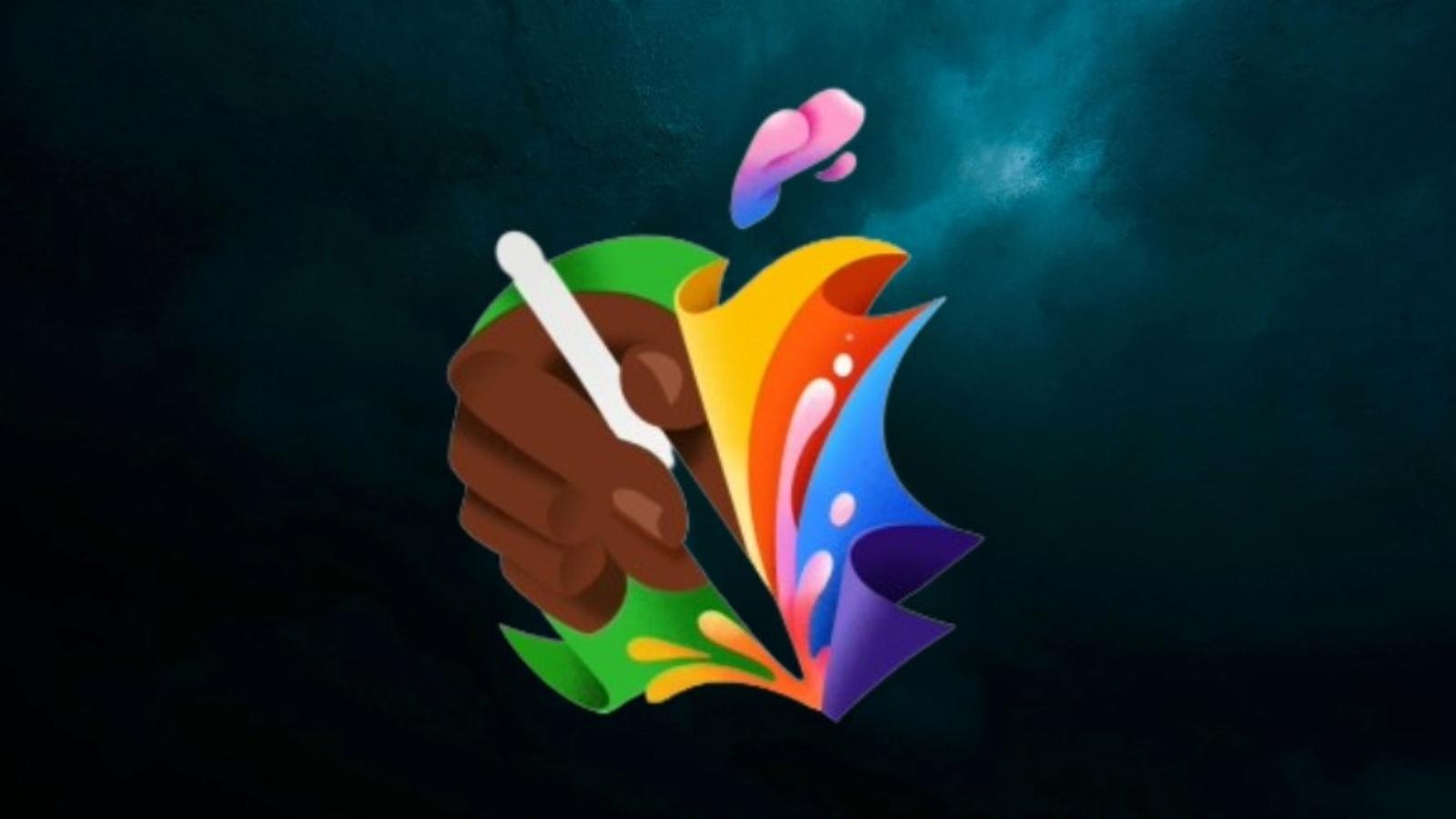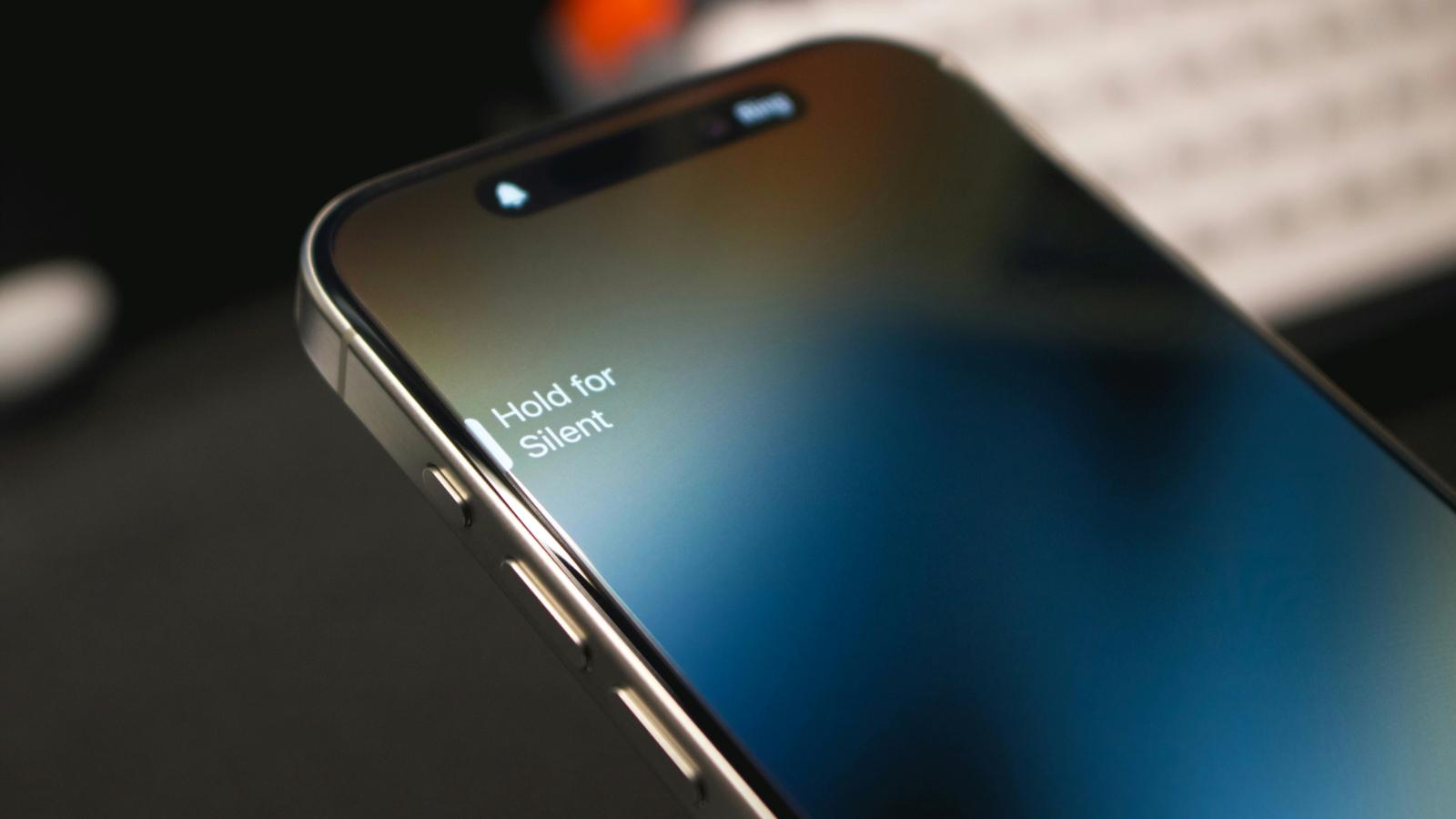What is VPN on iPhone?
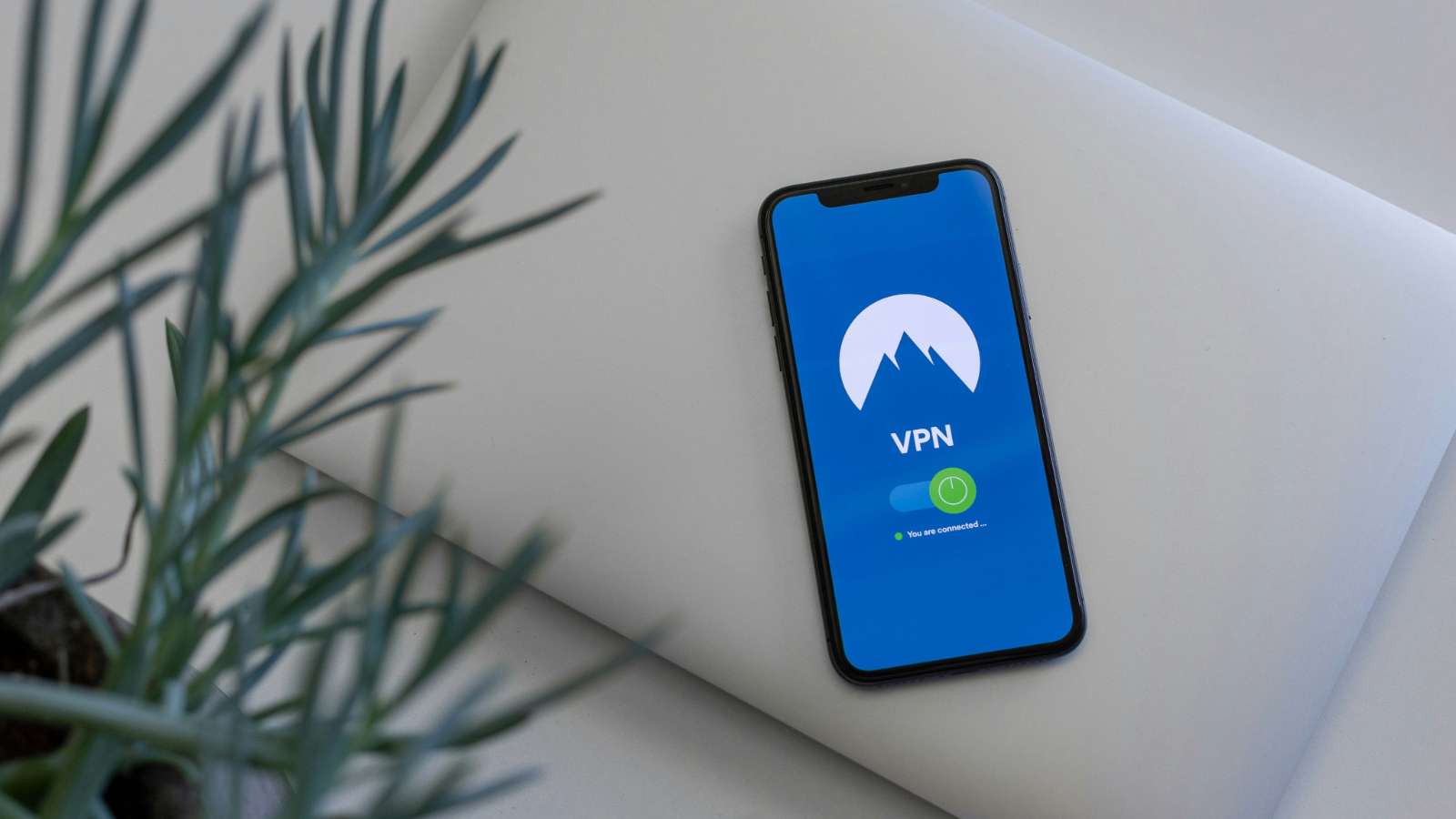 Unsplash
UnsplashVPNs have become exceedingly popular as online threats have increased. But if you’re not sure what a VPN is on iPhone, explanations are in order.
A VPN is important if you value your privacy online, whether you use one of best Android phones or iPhones. While Apple devices are generally considered safer than Android, a VPN connection offers an extra layer of security.
A VPN on iPhone encrypts your internet traffic and protects your online identity while using public Wi-Fi, browsing, or while traveling. We discuss what a is VPN on an iPhone, why you need it, and how to get it.
VPN on iPhone: What is it?
VPN is short for virtual private network. A VPN on iPhone establishes a digital connection between your phone and a remote server owned by a VPN provider. It encrypts your personal data, masks your IP address, and hides your virtual location.
To put it concretely, let’s understand VPN how a VPN works. There are three important steps involved in the working of a VPN. First is encryption. All the data traveling between your device and the VPN server is encrypted, meaning it’s scrambled in a way that only authorized parties can access it.
Next is routing. When you connect your iPhone to a VPN service, your device creates a secure “tunnel” to the VPN server. The VPN server is a middleman between your device and the internet. When you access websites or online services, your requests are first forwarded to the VPN server.
Third is hiding IP (Internet protocol) address. A VPN service gives your iPhone a new IP address, hides it, and makes it harder for websites and online services to track your online activities and location.
Why do you need VPN on iPhone?
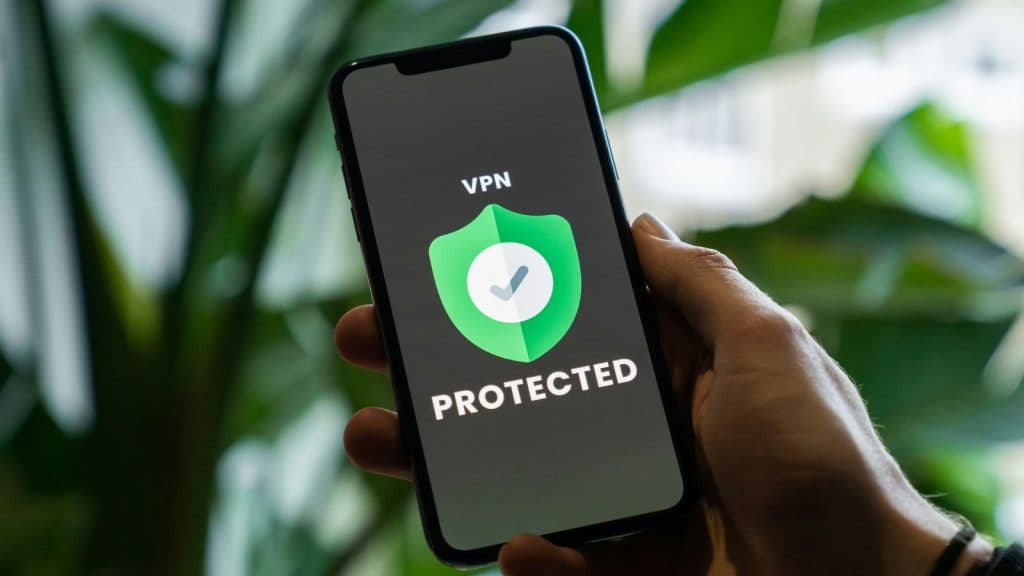 Unsplash
UnsplashYou need a VPN on iPhone to protect your data, location, and IP address from scammers, government agencies, or anyone trying to track it. If you often use public Wi-Fi, bad actors can easily steal your data. But if you have a VPN connection, your online traffic is invisible to them.
Similarly, while browsing the internet, your IP address can be tracked, and your browsing history, messages, and other private data can be collected. A VPN masks your IP address and sends your browsing data through an encrypted tunnel, preventing third parties from monitoring you online.
You also need a VPN while traveling. Suppose you visit a country with internet censorship. You won’t be able to access the content you’re used to accessing in your home country. However, if you have a VPN on your iPhone, you can spoof your location. Essentially, you can be in China and let websites and apps think you’re in the US.
VPN’s location spoofing feature is also useful when you want to access streaming content from other regions.
Some VPN providers offer extra features with their plans. For instance, NordVPN has Threat Protection, a Dark Web Monitor, an ad-blocker, and more.
How to get VPN on iPhone?
You can get a VPN on iPhone through various apps on the App Store. There are free apps and paid apps. If you’re running short on cash, check out our list of best free VPN apps for iPhones.
ProtonVPN is our top choice for free VPNs. It includes everything you need, whether it’s unlimited bandwidth, zero time limit, fast speed, and multiple server locations. ProtonVPN has no ads and doesn’t require your credit card information.
Opt for a paid VPN if you need more security, a wide range of servers, and faster speed. A paid VPN, such as NordVPN or Mullvad, is more reliable than free alternatives.
What to look for when buying a VPN on iPhone?
There are several things you need to look for when buying a VPN service for your iPhone. We have listed them below for you.
- No logs: A VPN’s purpose is to prevent your online activity from being tracked and your data from being collected. It’s important that the VPN you choose has a no-log policy; otherwise, you’re better off without it. Remember, a VPN that keeps logs is like a cavalry captain who doesn’t know how to ride a horse.
- Money-back guarantee: If your VPN provider is offering a money-back guarantee, you can take it for a spin and decide if the service suits your needs.
- Third party audit: All VPN providers make claims of privacy and security. But you only choose a service that has undergone a third-party audit. It is an independent assessment of the VPN provider’s security measures, policies, and practices. A third-party audit adds a layer of credibility and transparency to the service.
- Strong encryption protocols: Your VPN is as good as its encryption protocol. Consider a VPN that uses OpenVPN protocol. It is open-source and is maintained and updated in real-time by a dedicated community.
- Servers and bandwidth: An ideal VPN has servers in multiple countries. More servers mean the connection won’t be overloaded when too many users join and you get the fastest speed. Unlimited bandwidth is another high-quality watermark for a VPN.
